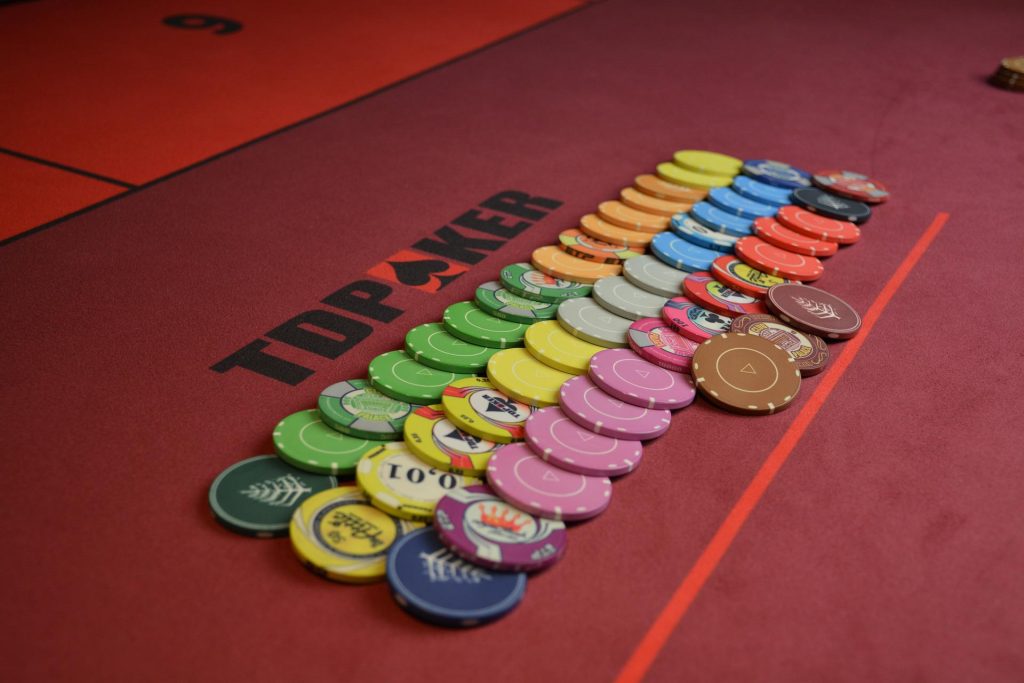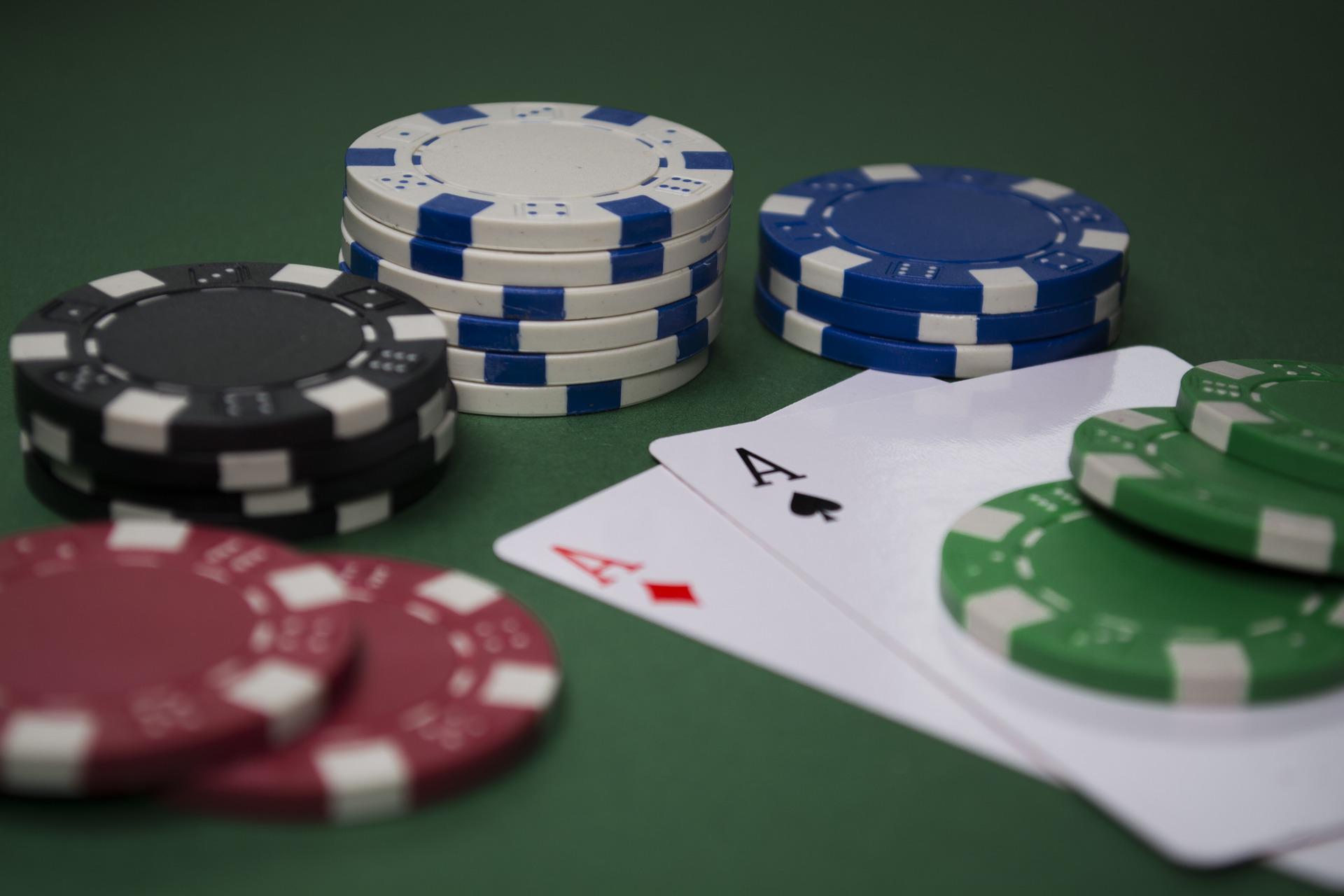A bluff, when the time is right, is one of the most effective weapons of any poker player. But before you start bluffing wildly, here are a few things to keep in mind.
The effectiveness of bluffing depends on its frequency. If you try to bluff all the time, don’t be surprised if you get called at some point. On the other hand, bluffing more often means that you get paid more for your good hands.
The key is to have a consistent, coherent story. A good bluff always seeks to “represent” a particular hand. You have to play the entire hand as if you had that hand. Example 1: The flop comes AsAc3d, the opponent bets, and you call. The turn comes Tc, your opponent bets, and you raise, pretending to have the ace. Example 2: You have AhKh, the flop comes QdJs8d. The opponent bets and you call. The turn is the 3c, your opponent bets and you call. The river comes 9d, your opponent checks and we bet 50% of the pot. Here we have played the hand as if we had a draw (straight or flush draw), and since the river completes both draws, the opponent will assume that it would be correct to fold.
Preflop Bluffs

Bluffing works not only on the flop, turn or river, but also pre-flop. Again, your table image is important, and you should observe the table for a while before making such an action.
First of all, it is important to know who raises frequently – with such a player you can assume that he raises at least from middle or late position with a wide “range” of hands, i.e. also with rather worse cards such as QT offsuit. You can then confront such a player with a 3-bet to get him to fold before the flop if possible. It is important to be in a good position yourself because of the risk of another player waking up behind you with a “real hand”. The best positions for a 3-bet bluff are the button, the cutoff and the big blind.
If the 3-bet is called, then you should definitely bet the flop again, especially if it is uncoordinated (no draws) or consists of only small cards. Unpaired hands miss the flop 70% of the time, and most of the time the opponent will concede a good hand to the preflop 3-bet if he plays aggressively before and after the flop.
If the bet is also called on the flop, caution should be exercised – the opponent is likely to have at least a medium to strong hand that he may not be willing to fold.
